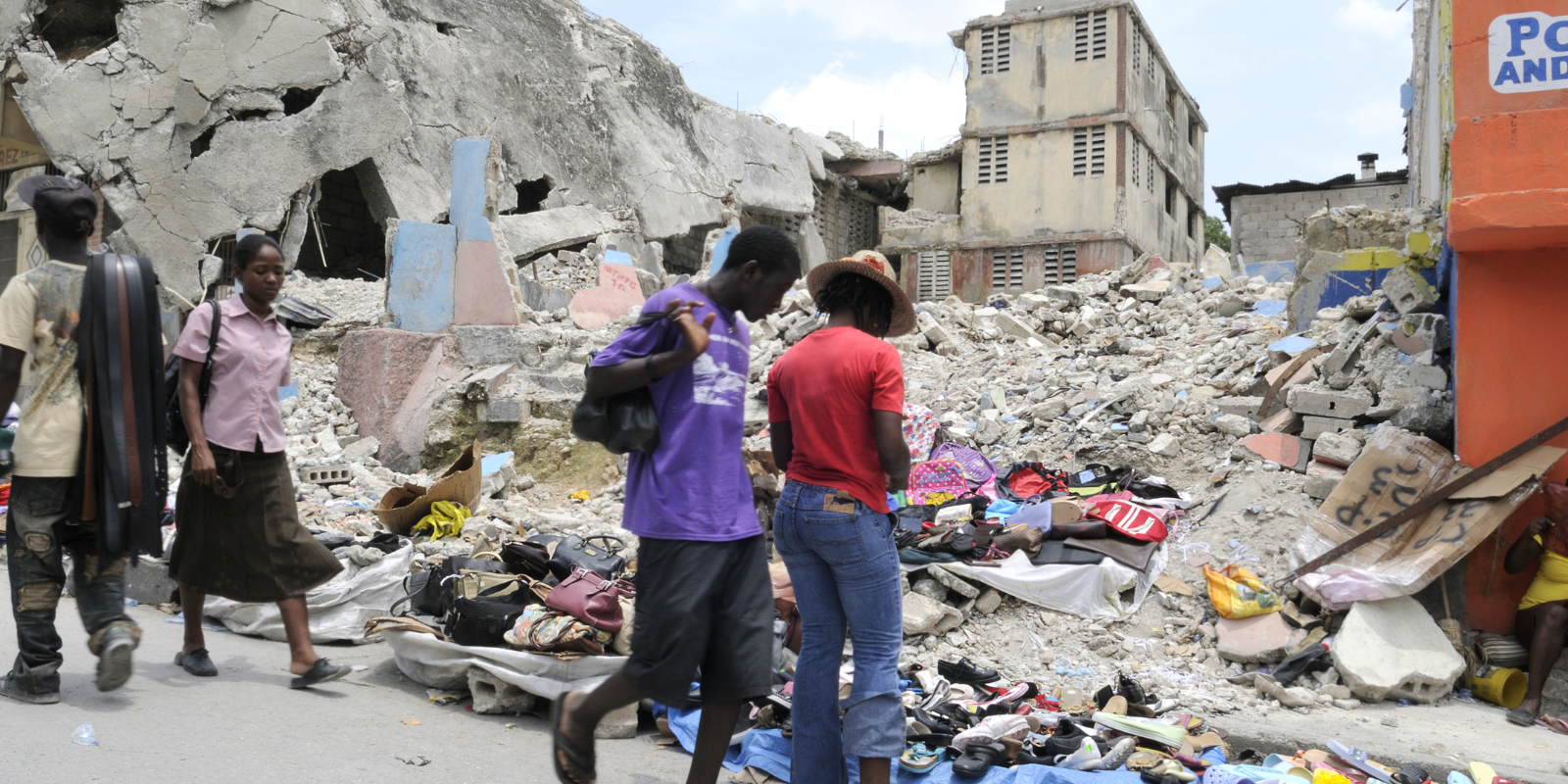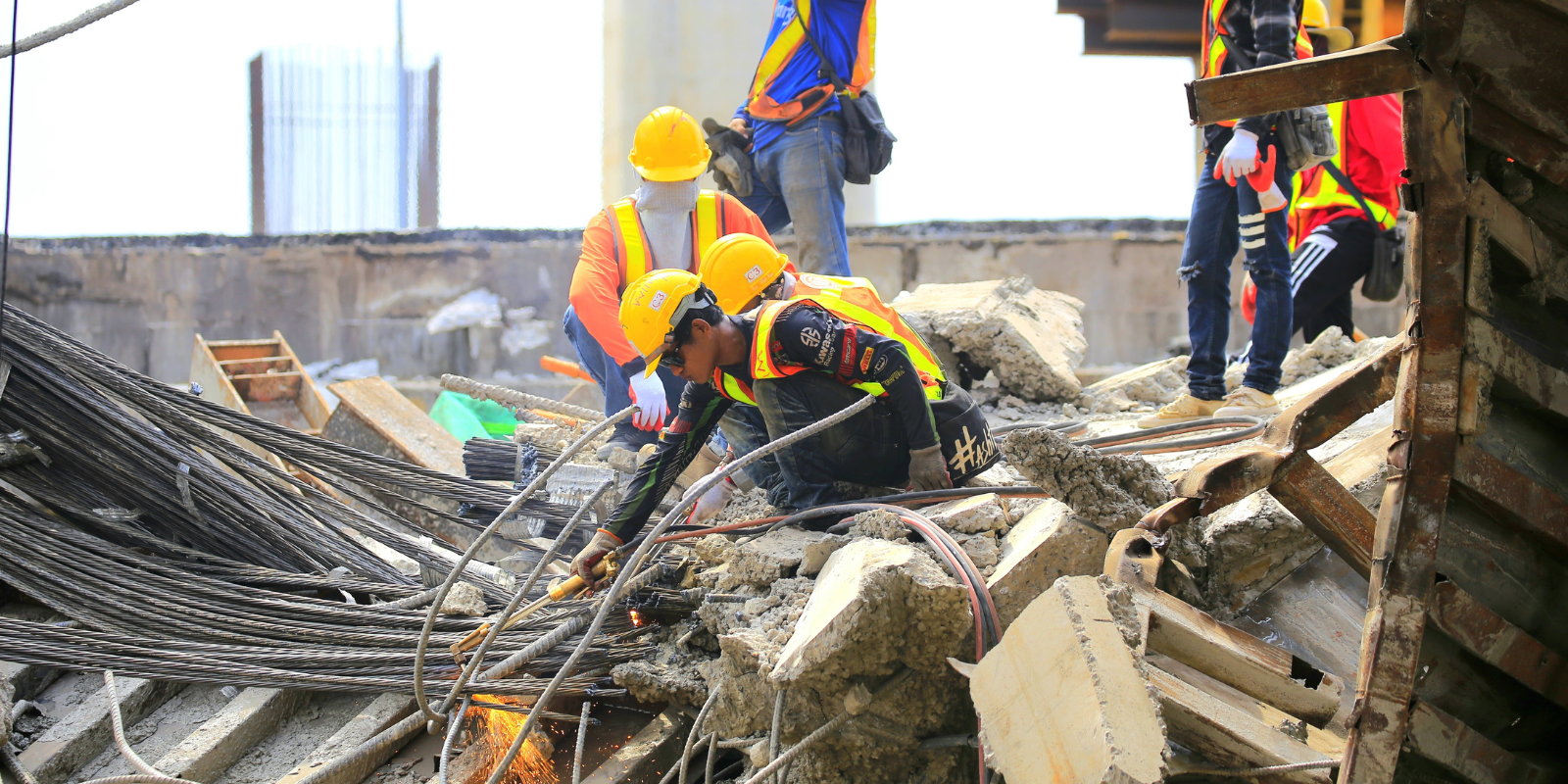Seeing events like Hurricanes Milton and Helene online and on TV can be triggering for those who have been in similar situations. Could you discuss that and what can be done to minimize reliving the trauma?
People respond to traumatic events, such as hurricanes, in many different ways. In particular, people who have experienced hurricanes in the past are prone to being more emotionally affected by new hurricanes. Repeatedly viewing events like these two hurricanes online and on television may trigger emotions such as anger, fear and hopelessness. Consider limiting access to online and television reports. Use the time instead to keep up with daily routines, stay connected with loved ones, and process emotions through talking with professionals or journaling.
What are the hallmarks of hurricane-specific PTSD? Do the layers of trauma delivered by hurricanes – flooding, high winds, mass evacuations – result in a particular brand or long-lasting type of PTSD?
Natural disasters, such as hurricanes, affect broad geographic areas. There are immediate traumatic exposures that include threats of bodily injury or death. Then, following the hurricane, there are large-scale psychosocial stressors, including disrupted housing, unemployment and financial strain. For kids, this might also involve transitioning to a new school and stopping recreational activities such as sports or band.
For individuals who develop PTSD following a hurricane, there are not necessarily particular symptoms that predominate relative to other traumas. However, there is a broader societal context – a collective trauma – that presents unique challenges and opportunities. On the one hand, this might mean that more people around you are struggling, and it might be difficult to access support systems. On the other hand, there is a phenomenon known as the “pulling together effect” in which individuals undergoing a shared traumatic experience are more likely to support one another, thus strengthening social connectedness.
The word PTSD is thrown around a lot, but what is real PTSD, and what are the risks of leaving it untreated?
PTSD, or post-traumatic stress disorder, is a mental health condition that can occur after experiencing or witnessing a life-threatening or traumatic event, such as a hurricane. Following a traumatic event, it is normal to have upsetting memories, feel sad or on edge, feel the world is unsafe, and have difficulty sleeping. However, if these symptoms persist for at least a month, it is possible that PTSD has developed. Importantly, not all people who are exposed to traumatic events develop PTSD. But, if PTSD is left undetected and untreated, this can have a significant impact on a person’s life.
Untreated PTSD can lead to other mental health problems like depression and anxiety, poor quality of life and increases in alcohol and substance use. For some people, untreated PTSD may cause strains in friendships and family relationships, as well as difficulty maintaining employment. The good news is that PTSD is treatable. To find resources on PTSD, I recommend the National Center for PTSD.
We have many emergency workers and members of the military from Colorado who are heading to assist in recovery. What are five ways they can prepare for what they are about to experience?
To begin, I want to express my gratitude to the many emergency responders – from Colorado and elsewhere – who are traveling to these hurricane ravage regions to assist in rescue and recovery efforts. In many ways, these emergency responders are familiar with high-intensity, high-stakes operations, and they have developed resiliency in the face of extreme stress. However, repeated and extreme traumatic exposures can take a toll on anyone, including emergency responders. For example, by traveling away from home, they may be leaving important sources of social support: family and friends. Here are five recommendations for emergency responders who are assisting or about to assist in post-hurricane rescue and recovery efforts:
1) Stay community-oriented: Look out for one another and check in on your fellow responders.
2) Stay connected: Keep in touch with family and friends back home for support.
3) Stay candid: Acknowledge the stress, difficulties and emotions you are experiencing.
4) Stay centered: Be aware of vulnerability and signs of burnout and compassion fatigue.
5) Stay compassionate: Be kind to yourself.
Can teaming up with a buddy during emergency response situations help prevent or minimize PTSD-like issues?
Yes! This is a great idea. The Centers for Disease Control and Prevention (CDC) and other health agencies recommend emergency responders develop a buddy system to help minimize the impact of disaster response. In a buddy system, two responders partner together and take stock of each other’s stress, workload and safety. More information on the buddy system can be found on the CDC website.
How can friends and family of those who have developed PTSD symptoms from these traumas help their loved ones?
In the immediate post-hurricane period, social support is incredibly important: Check in on one another; send messages of support; and offer to plan an enjoyable activity. For kids, it is important to emphasize that what happened is not their fault and to express hope for the future.
If it appears that a loved one is overwhelmed with emotion, also consider reaching out to the 988 Suicide & Crisis Lifeline by calling or texting 988 or chatting at 988lifeline.org. The Lifeline is available 24/7 at no cost.
If you suspect loved ones have developed PTSD or another mental health condition, then it is important you help them obtain an assessment from a mental health provider, such as a clinical psychologist, or a primary care physician. Consider offering to go to the doctor with your loved one. The good news is that there are effective treatments for PTSD and other mental health conditions, so early identification and assessment are critical.





